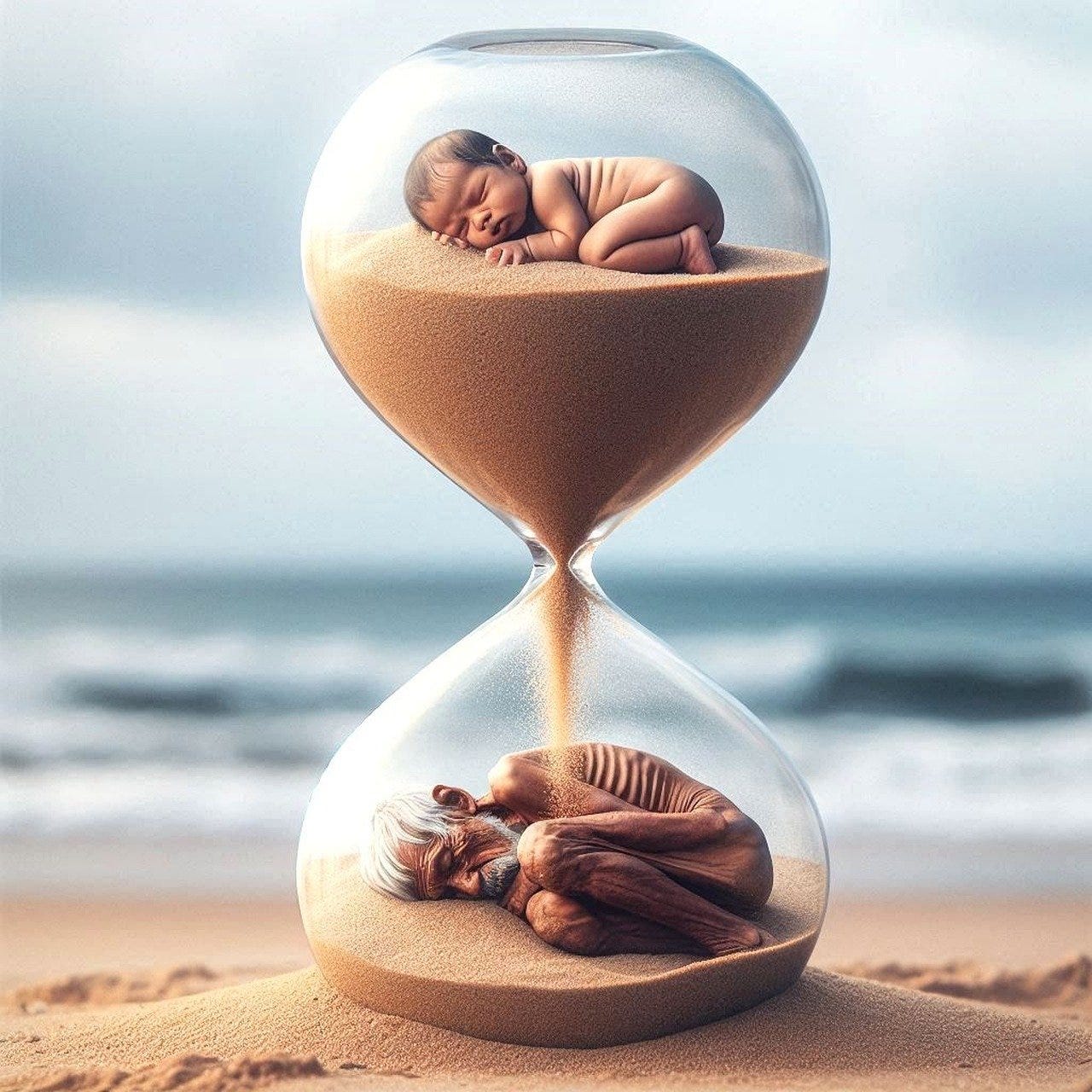This post is a continuation of Hospicing Modernity, Part I.
When you hear the word life, what word do you associate with it?
Many people respond with death.
My teacher, Jeanne Denney, founder and director of the School of Unusual Life Learning (SoULL), reframed the way I think about life and death:
Death is not the counterpart to life, death is a part of life; life is a series of births and deaths.
SoULL is a whole life doula program using what birth and death doulas have learned over time and expanding it into a support system for all of life’s transitions. I was called to this un/learning because of what I have been observing since the pandemic:
systems and structures malfunctioning, from the Texas energy infrastructure failure, to decreasing college enrollment, and now the recent IT outage
I believe we are all being called to doula the death of modernity and simultaneously doula the birth of a new way of existing. During this time, I am leaning into Vanessa Machado de Oliveira’s Hospicing Modernity, as she invites us to explore what it means to hospice this system of modernity we are living in as it is in it’s late-stage of dying and “to reactivate exiled capacities and dispositions that will help us to sense, relate, and imagine otherwise than what is allowed, encouraged, and rewarded within modernity” (p. 57).
Dreamwork is one of these exiled capacities and dispositions that help us to sense, relate, and imagine beyond the limited linear way of existing within modernity. To me, dreamwork is both a birth and death doula. Dreams assist in composting the garbage or digesting and processing life; in other words, doula-ing what needs to die. Dreams also assist in birthing ideas, like the dreams of Wangari Maathi and Leymah Gbowee.
In what ways do you feel your dreams are a doula for you, if at all?
What have your dreams helped you to doula to it’s death and doula to it’s birth?




